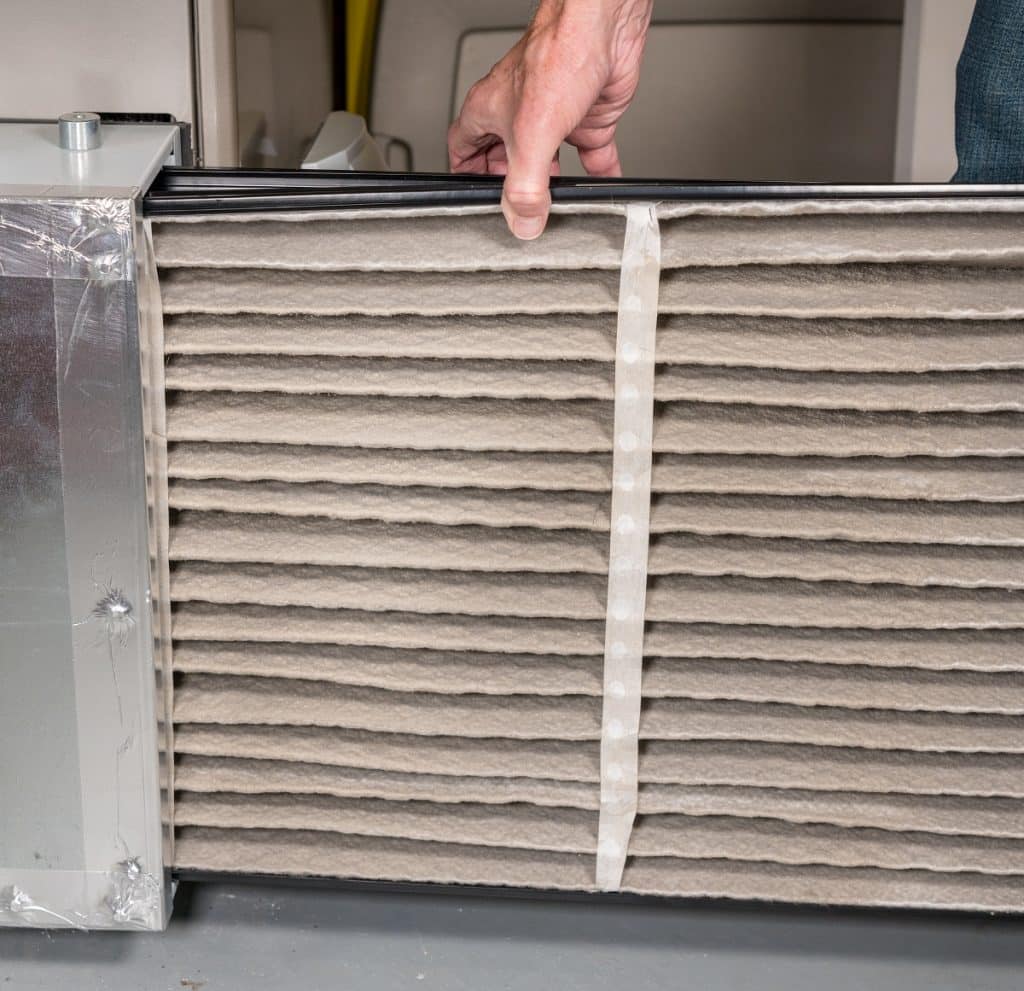Indoor air pollution can lead to a whole host of health problems. Some of these include heart disease, respiratory issues, and lung cancer. It is essential that you watch out for the following signs that your home contains pollutants.
Unpleasant or Lingering Odors
If you are noticing odd smells that do not seem to go away, this could be an indication of pollutants in your indoor air. Odors from mold, chemicals, or household products can often signal that something is wrong with the air quality. While some smells, such as musty odors from mold, are more obvious, others can be subtler. If you constantly find yourself spraying air fresheners or opening windows to mask persistent smells, it is worth your while to see what might be causing the odors.
Worsening Allergies or Breathing Issues
An increase in allergy symptoms or respiratory discomfort can often point to air pollutants in your home. If your household is experiencing more sneezing, coughing, or nasal congestion, it might not just be seasonal allergies. Dust, pet dander, mold spores, and other particles can collect in the air, especially when the ventilation is poor. If these symptoms get worse indoors but ease up outside, it could be a sign that your indoor air quality needs attention.
Visible Signs of Mold
Mold in your home is never a good sign, and it can be a major source of indoor air pollution. Mold releases spores into the air that, when inhaled, can cause respiratory problems. Mold typically thrives in damp areas such as bathrooms, basements, or even around windows. If you spot mold growth in any part of your home, it is crucial to address the issue immediately. Getting rid of the mold and improving moisture control can help prevent further air quality issues.
Excessive Dust Collection
An unusual buildup of dust on surfaces can indicate poor air quality. Dust consists of particles like dirt, dead skin cells, and pet dander, which can float around in the air and settle on furniture. If you find yourself cleaning dust more often than usual, or if dust appears shortly after cleaning, it might mean that the air in your home is filled with airborne particles. Improving ventilation and using a high-quality air filter can help reduce the dust and improve the air you breathe.
Frequent Headaches or Feeling Tired
If you are experiencing frequent headaches or feeling unusually tired, especially while indoors, it could be due to poor air quality. Some pollutants, like carbon monoxide or chemicals from household products, can cause these symptoms. If you find that you feel better when you leave your home but worse when you are inside, it ‘s a good idea to have your indoor air tested for contaminants to see if something is affecting your health.
There are a number of solutions on the market designed to improve indoor air quality. Contact our team at Cornerstone Pros for help improving the indoor air quality in your Tampa Bay, FL home.





